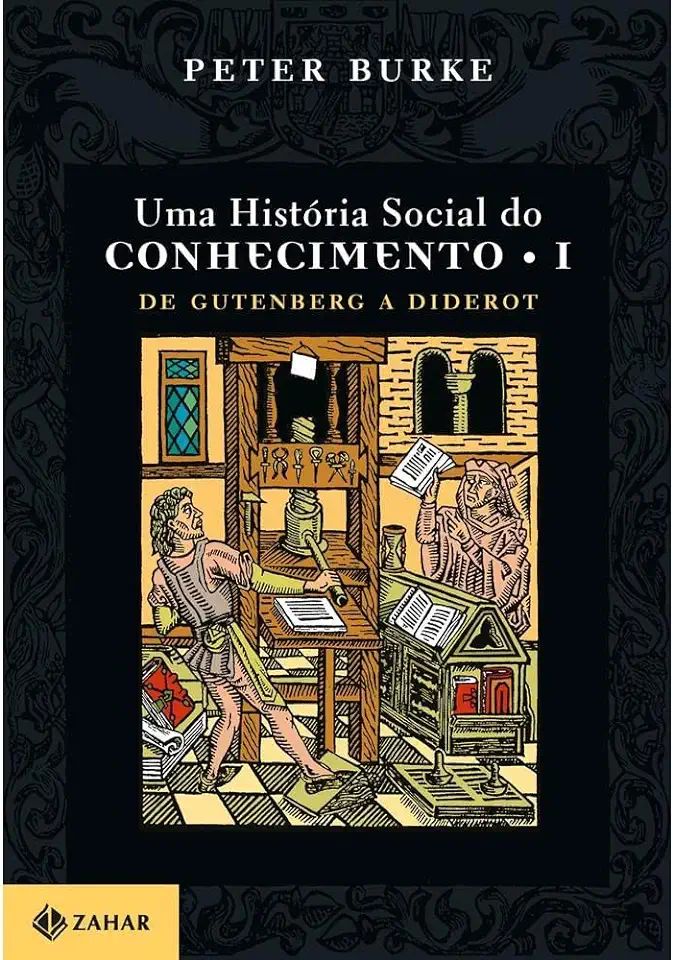
A Social History of Knowledge - Peter Burke
A Social History of Knowledge: From Gutenberg to Diderot
Introduction
In his groundbreaking work, "A Social History of Knowledge," Peter Burke takes readers on a captivating journey through the evolution of knowledge from the invention of the printing press to the Enlightenment. Burke argues that knowledge is not a static entity but rather a dynamic process shaped by social, cultural, and political forces. Through a wealth of fascinating examples, he demonstrates how the production, dissemination, and use of knowledge have been influenced by factors such as social class, gender, religion, and technology.
The Rise of Print Culture
The invention of the printing press in the 15th century marked a watershed moment in the history of knowledge. For the first time, it became possible to mass-produce books, making them accessible to a much wider audience. This led to a dramatic increase in the circulation of ideas and a corresponding decline in the power of the Church and other traditional authorities. Print culture also facilitated the rise of new forms of scholarship and the development of modern science.
The Scientific Revolution
The Scientific Revolution of the 16th and 17th centuries was another major turning point in the history of knowledge. This period saw the emergence of a new, more empirical approach to understanding the natural world. Scientists began to question traditional beliefs and rely on observation and experimentation to gather evidence. The Scientific Revolution led to a number of important discoveries, including the laws of motion, the circulation of blood, and the heliocentric theory of the solar system.
The Enlightenment
The Enlightenment of the 18th century was a period of intellectual ferment and social change. Enlightenment thinkers such as Voltaire, Rousseau, and Diderot challenged traditional authority and advocated for reason, science, and progress. They believed that knowledge should be accessible to all and that it could be used to improve the human condition. The Enlightenment had a profound impact on Western thought and culture, and its ideas continue to shape our world today.
Conclusion
"A Social History of Knowledge" is a magisterial work of scholarship that offers a new perspective on the development of human knowledge. Burke's wide-ranging study demonstrates how knowledge is shaped by social, cultural, and political forces, and how it has been used to both challenge and reinforce existing power structures. This book is essential reading for anyone interested in the history of ideas, the sociology of knowledge, or the future of education.
Why You Should Read This Book
"A Social History of Knowledge" is a must-read for anyone interested in the history of ideas, the sociology of knowledge, or the future of education. Burke's engaging writing style and wealth of fascinating examples make this book a pleasure to read. It is also a thought-provoking work that will challenge your assumptions about the nature of knowledge and its role in society.
If you are looking for a book that will change the way you think about the world, then I highly recommend "A Social History of Knowledge." It is a truly groundbreaking work that will stay with you long after you finish reading it.
Enjoyed the summary? Discover all the details and take your reading to the next level — [click here to view the book on Amazon!]